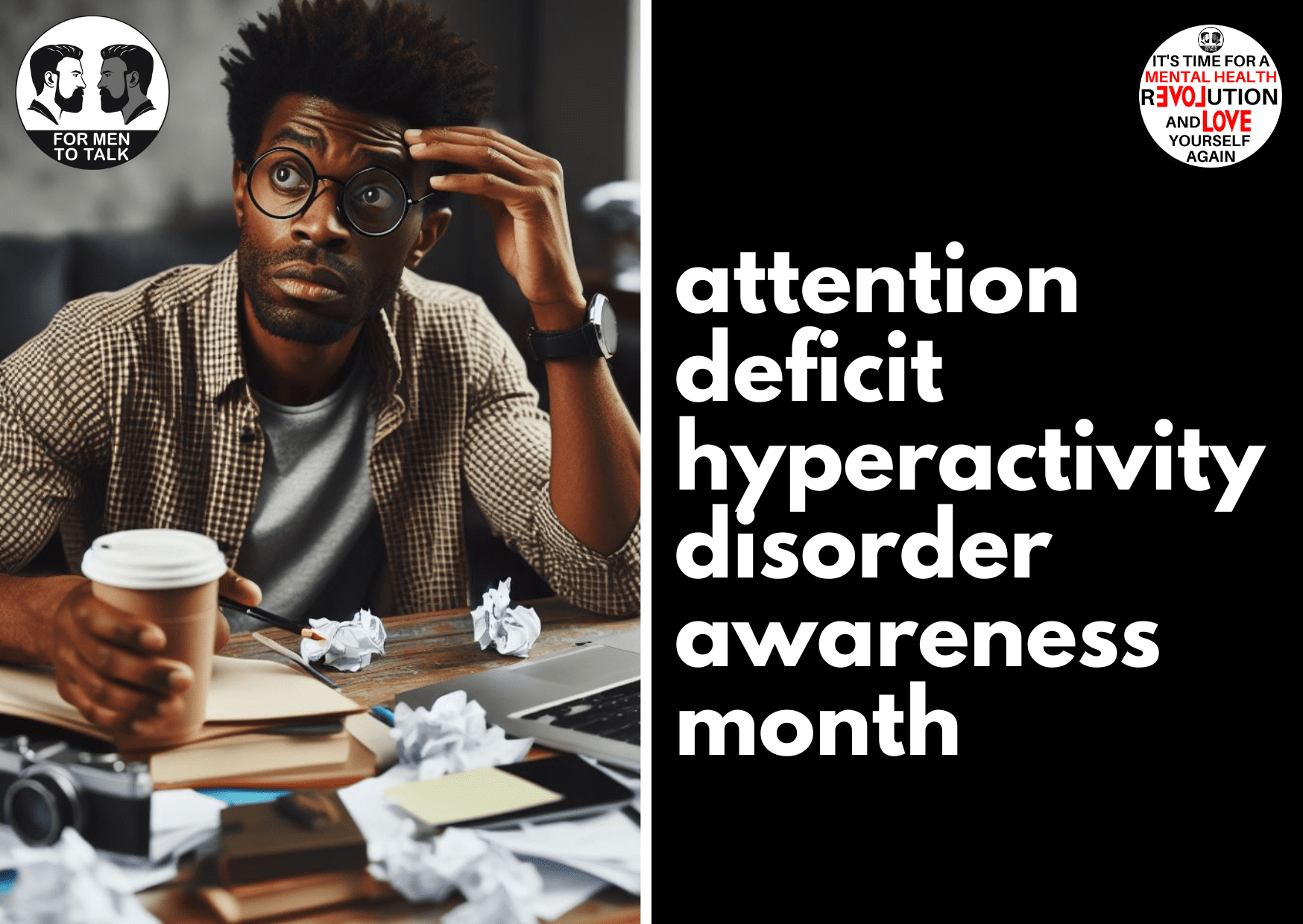The complex interplay between ADHD and trauma: Unraveling the threads

Attention Deficit Hyperactivity Disorder (ADHD) is a neurodevelopmental condition that significantly impacts an individual’s ability to focus, regulate impulses, and manage hyperactivity. While ADHD is primarily considered a genetic disorder, the relationship between ADHD and trauma is a nuanced and intricate one. In this blog post, we explore the ways in which toxic stress and trauma can intertwine with ADHD, shaping the cognitive and emotional landscapes of those affected.
Toxic Stress and Brain Development:
Toxic stress, often resulting from adverse childhood experiences (ACEs), can exert profound and lasting effects on brain development. The developing brain, especially during childhood and adolescence, is highly susceptible to environmental influences. Prolonged exposure to stress hormones can disrupt neural circuits, hindering the growth of key brain regions responsible for attention, impulse control, and emotional regulation. Consequently, individuals exposed to toxic stress may exhibit symptoms akin to ADHD, complicating the diagnostic landscape.
Trauma Exacerbating ADHD Symptoms:
For those already grappling with ADHD, trauma can intensify its manifestations. The heightened emotional reactivity and impulsivity associated with ADHD may become more pronounced in the aftermath of a traumatic experience. Conversely, trauma survivors without pre-existing ADHD may develop attentional difficulties and hyperactivity as a consequence of the trauma’s impact on their cognitive functions.
ADHD as a Risk Factor for Trauma:
The relationship between ADHD and trauma is bidirectional. Individuals with untreated or undiagnosed ADHD may face challenges in impulse control, executive functioning, and social interactions, increasing their susceptibility to traumatic events. Impulsivity, a hallmark of ADHD, can lead to risky behaviours, potentially placing individuals in situations where they are more likely to experience trauma.
Distinguishing ADHD and Trauma:
The intersection of ADHD and trauma poses a diagnostic challenge. Both conditions share overlapping symptoms, such as difficulty concentrating, impulsivity, and emotional dysregulation. A comprehensive assessment that includes a thorough personal and familial history is crucial to differentiate between ADHD and trauma-related symptoms. Understanding the context in which these symptoms manifest is essential for accurate diagnosis and targeted intervention.
Inherited ADHD and ACEs:
While ADHD is largely considered a hereditary condition, individuals who have experienced ACEs may find themselves caught in a cycle where inherited ADHD traits interact with environmental stressors. The compounding effects of genetic predisposition and adverse experiences can create a unique set of challenges, necessitating a holistic approach to treatment that addresses both genetic and environmental factors.
Conclusion:
The relationship between ADHD and trauma is a complex interplay of genetics and environment. Recognising the potential impact of toxic stress on brain development and understanding how trauma can exacerbate ADHD symptoms are essential steps in providing comprehensive care. By unraveling the threads that connect ADHD and trauma, we can develop more nuanced strategies for diagnosis, intervention, and support, ultimately fostering resilience and well-being in those affected by these intertwined conditions.